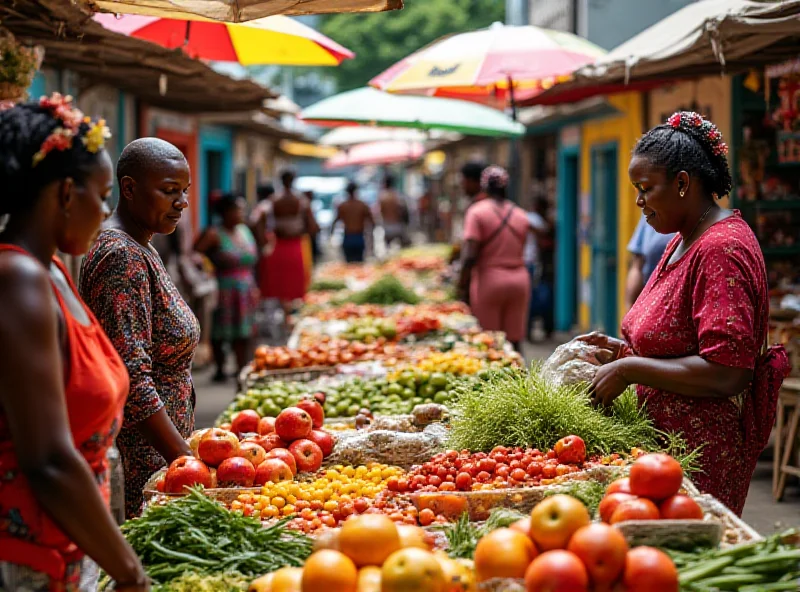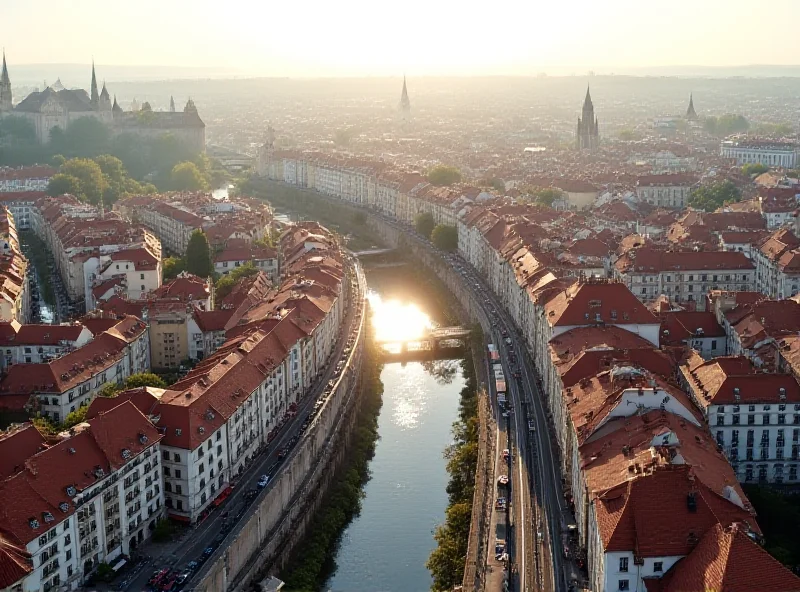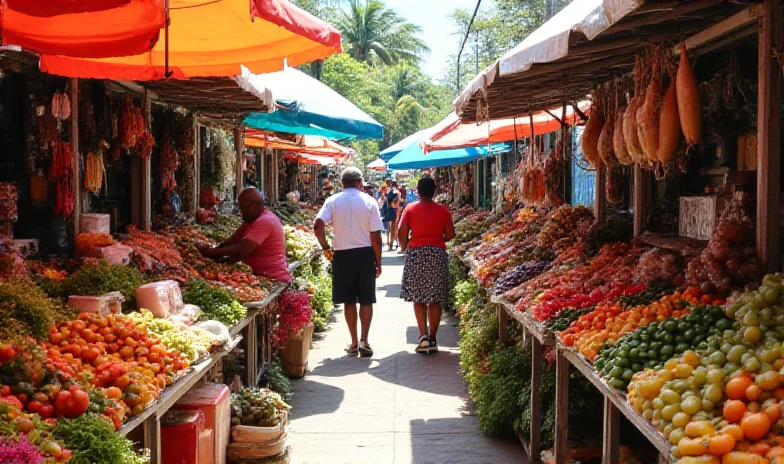Two seemingly unrelated stories highlight the complexities of governance and economic policy. From the Caribbean island of Martinique to the heart of Europe in Prague, governments are grappling with issues ranging from the cost of living to infrastructure development.
Martinique Tackles High Cost of Living with VAT Cuts
In Martinique, a French overseas territory, the government is taking direct action to alleviate the burden of high living costs. Starting this Saturday, over 6,000 everyday products will be exempt from Value Added Tax (VAT). This measure, announced by the prefect, is part of a broader protocol signed on October 16, 2024, aimed at reducing prices for consumers. The hope is that this fiscal lever will provide much-needed relief to residents facing rising expenses. "This will constitute an additional lever in favor of lowering prices," the prefect stated in a press release.

The VAT exemption covers a wide range of daily necessities, offering potential savings on everything from groceries to household items. This move is a direct response to concerns about affordability and aims to improve the quality of life for residents of Martinique.
Prague's Metro D Expansion Faces Another Setback
Meanwhile, in Prague, the expansion of the Metro D line has hit another snag. The Office for the Protection of Economic Competition (ÚOHS), the Czech competition authority, has once again cancelled the selection of a supplier for the second phase of the project. This time, the cancellation follows a complaint from the consortium of Porr, Vinci, and Marti. This is not the first time the ÚOHS has intervened; in January, they cancelled the supplier selection based on a complaint from Strabag.
The ongoing disputes and cancellations are causing significant delays to the much-anticipated Metro D expansion. The project is crucial for improving public transportation in Prague and alleviating congestion in other parts of the city. Each challenge and subsequent review adds more time and uncertainty to the timeline.

While the current decision is not final and can be appealed, it represents another hurdle in the long and complex process of expanding Prague's metro network. The back-and-forth legal challenges highlight the challenges inherent in large-scale infrastructure projects and the importance of fair competition.
Reflecting on Change
In a seemingly unrelated note, the closure of the last Macumba nightclub in another part of the world offers a moment to reflect on societal shifts. As geographer Martine Drozdz noted in *Le Monde*, these nightclubs were a product of urban planning during the "Trente Glorieuses," a period of rapid growth and development. Their disappearance prompts us to consider the lasting impact of that era on our political and geographical landscapes.

From fiscal policies aimed at easing the cost of living to the complexities of urban development and the fading echoes of a bygone era, these diverse stories offer a glimpse into the challenges and changes shaping our world.
